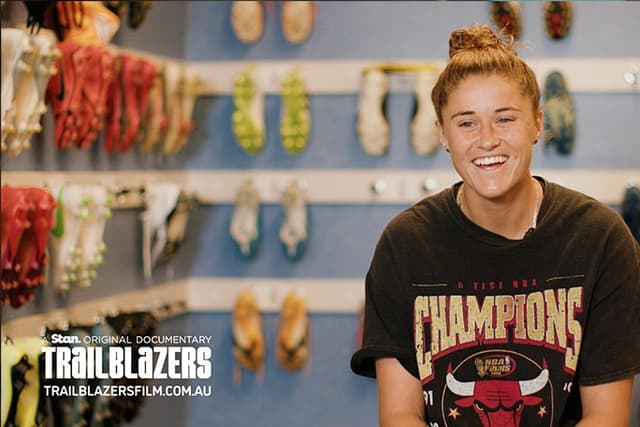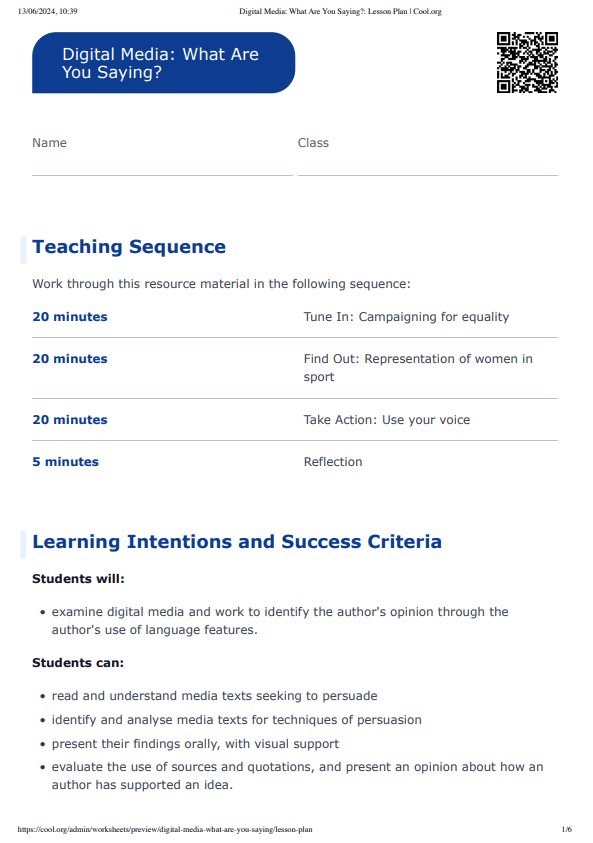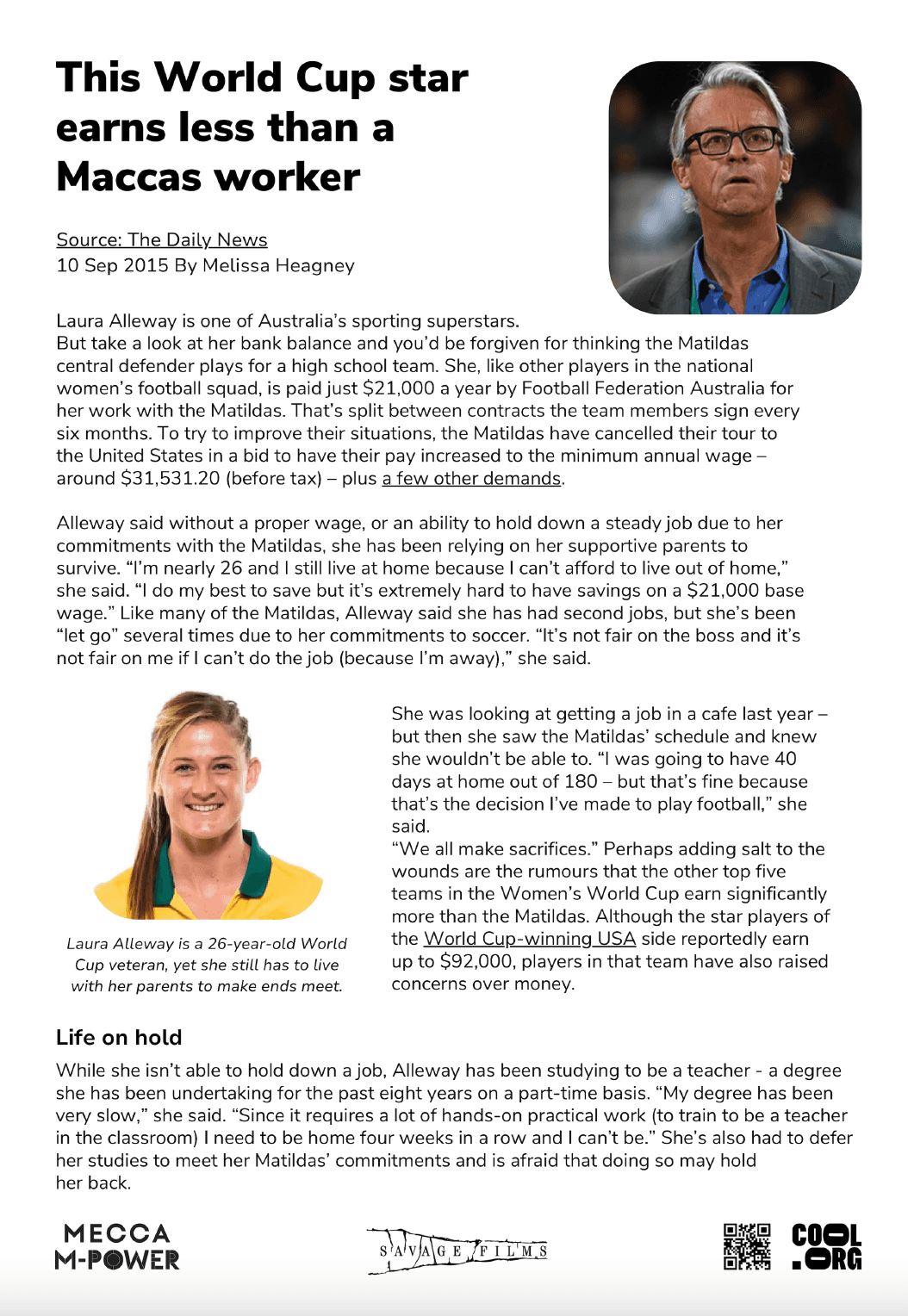Learning intentions:
Students will...
- examine digital media and work to identify the author's opinion through the author's use of language features.
Success criteria:
Students can...
- read and understand media texts seeking to persuade
- identify and analyse media texts for techniques of persuasion
- present their findings orally, with visual support
- evaluate the use of sources and quotations, and present an opinion about how an author has supported an idea.


